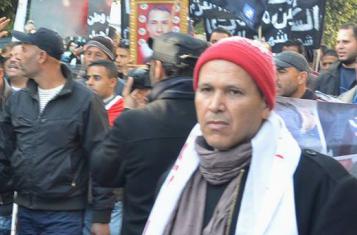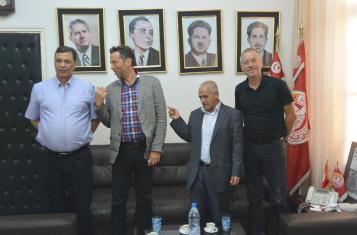What's the current state of preparations for the Global Forum on Modern Direct Democracy to take place in Tunis from 14 to 17 May 2015?
We are two months ahead of the Global Forum. By now we have reached out to all key partners who include all the important parliamentary parties of Tunisia and civil society organs working for participatory democracy. Also on board are the most important international partners inluding IDEA, swissinfo.com, Arizona State University and many others. The aim is to ensure a high quality of the fifth world conference on active citizienship and participatory democracy. Particularly timely comes the fact that Tunisia is just about to start democratically decentralising.
What is unique about the Global Forum 2015, compared to its predecessors, the Global Forum in Uruguay in 2012 or the Global Forum in San Francisco in 2010?
The difference is that the Global Forum 2015 will take part in in a region where democracy as such is struggling. Tunisia is a country that has just managed to leave behind dictatorship. Throughout the past four years, since the Jasmin revolution, Tunisian democracy has been essentially based on civil dialogue and on a modern concept of human rights and freedoms. So Tunisia is not an old reference like Uruguay or California but a completely new concept for democracy-making.
Why did you choose the theme "democratic decentralisation"?
This topic has not been chosen by us. It is Tunisia's big issue at the moment: Tunisia's national challenges have been settled inluding free and fair parliamentary elections. Yet, there is no provision for democracy at local and regional level. This is the big open construction site Tunisia is working on. All Tunisian stakeholders are now called to make a contribution.
In one sentence, please: Why should people take part?
It's your window to the future of modern direct democracy.
Interview by Cora Pfafferott



